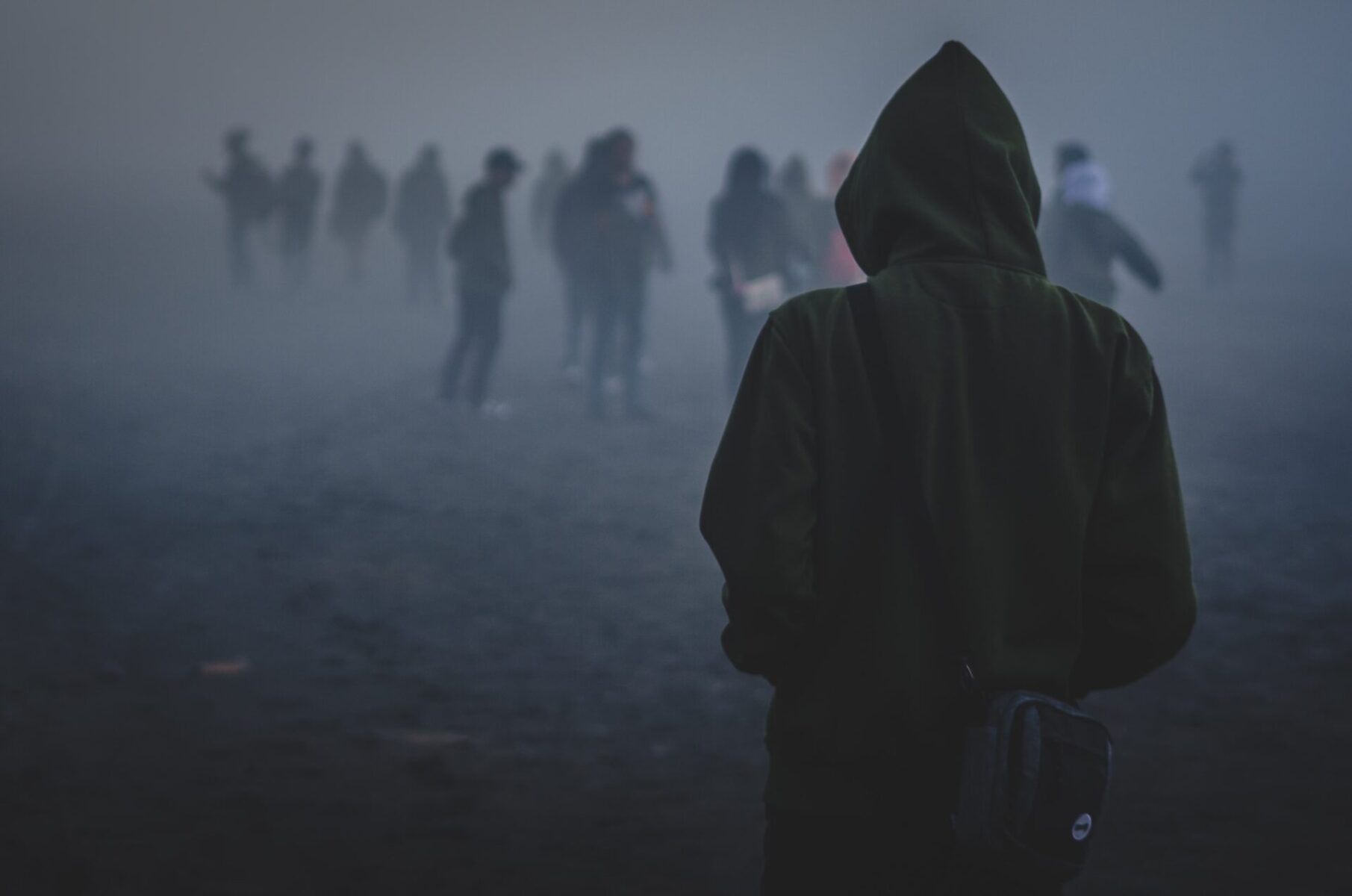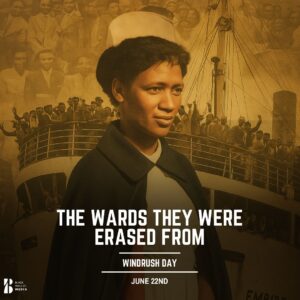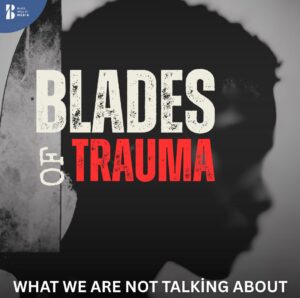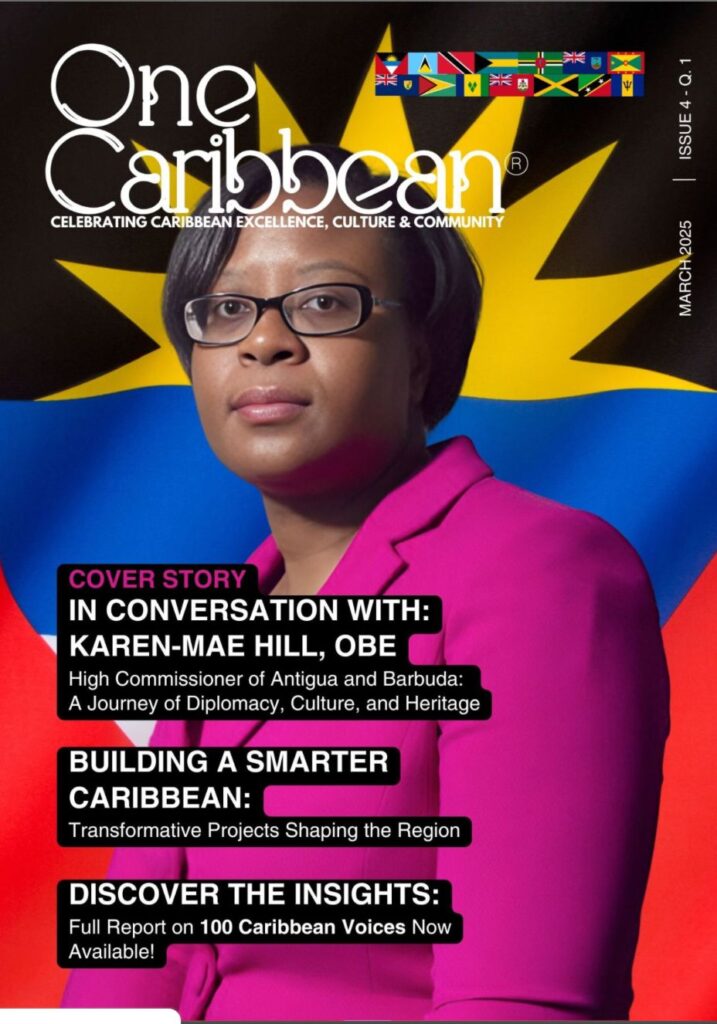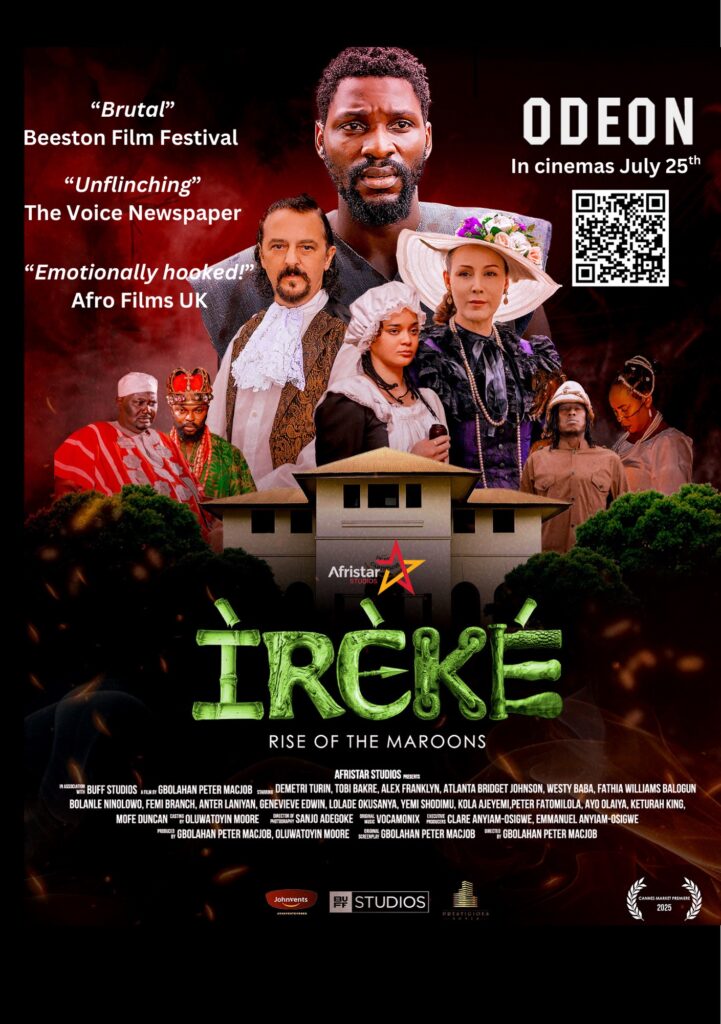BY AYOKUNLE OLUWALANA
Dominic Norton created Missing Black People and the next step is utilising the community
An East London man behind a group dedicated to finding missing Black people is training teenagers to create new ways of helping solve issues that the police cannot due to distrust. Dominic Norton, from Newham, founded Missing Black People in 2021 after seeing how the number of missing Black people was disproportionate.
The 28-year-old saw how the National Crime Agency reported that Black people accounted for 14 per cent of missing people in England and Wales between 2019 and 2020, over four times their relative population (3 per cent). In London, Black people accounted for 36 per cent of missing people, nearly three times their population in the city (13 per cent).
High-profile cases of the likes of Richard Okorogheye, 19, whose body was found in Epping Forest, and Nicole Smallman and Bibaa Henry, sisters who were found stabbed to death in a Wembley park, in both cases after being reported missing to police, drove him to create a group dedicated to finding missing Black people. In both cases, the families criticised the police’s response to their concerns and subsequent investigations.
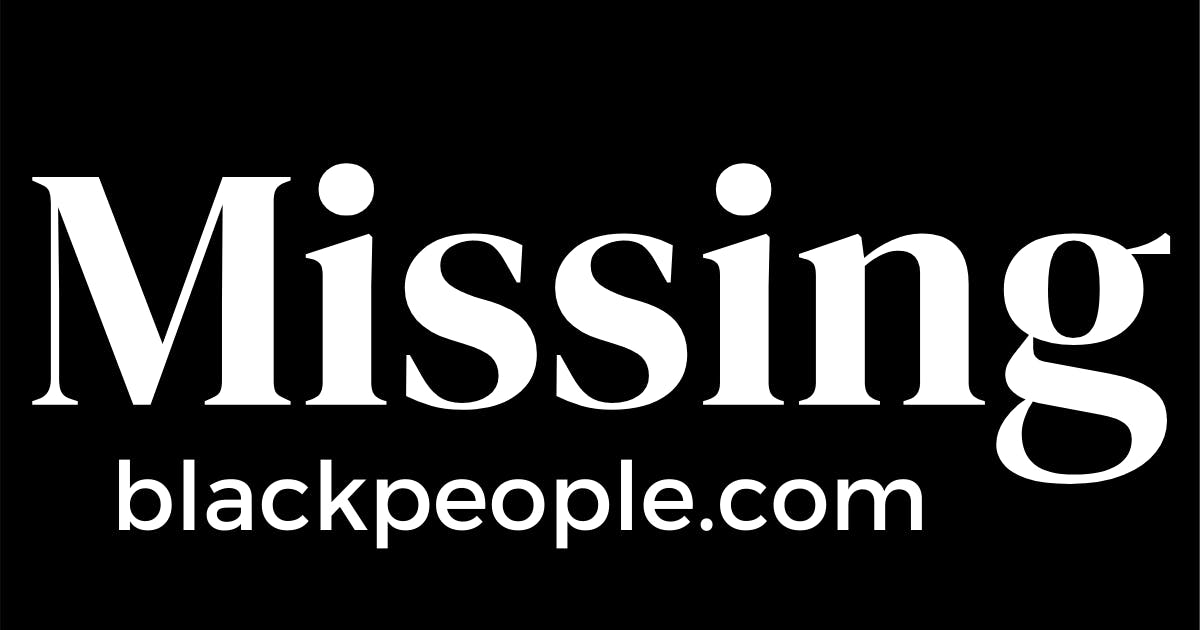
With Henry and Smallman, the police logs were closed after information was inaccurately recorded. They were also the subject of sickening jokes by Met Police officers who shared a picture of their bodies in WhatsApp groups. In the case of Okorogheye, his family were told by one call handler: “If you can’t find your son, how do you expect us to?” These cases stuck with Dominic, but he knows there are plenty of others that don’t get any coverage.
He told MyLondon: “The Nicole Smallman and Bibaa Henry case shows how Black women are facing a double prejudice themselves. There are issues we have to tackle in the community but also on the outside as well. Their story stuck with me and it takes a toll. When I created Missing Black People, it was a general scope of missing Black people.
“Inside it, you have issues dealing with county lines [drug dealers exploiting young Black people], mental health, homelessness and more. I post these appeals online but behind that is the family, friends, and teacher, who are impacted by that person missing. The Black community’s relationship with the police can sometimes make things more difficult. The communities’ attitudes to the police vary – some engage with them and others completely distrust them.
“I also feel as a community we’ve become desensitised to these issues. Somebody that is missing is someone’s daughter, son, or neighbour and it sometimes feels like people don’t care. That’s what makes it really hard.”
Dominic’s background is in software development and he thinks the community could help more when it comes to finding missing people, even more so when they are Black. Cultural similarities and knowledge are seen as a head start and he believes that technology and software could be the answer to speeding things up.
After partnering with Newham Library and Haringey Sixth Form, Dominic ran workshops for young people to be able to develop mobile applications, Google Chrome extensions, websites and voice applications. The idea is that they can be used to communicate more effectively when cultural differences and language can be a barrier, and also where people feel uneasy about engaging with police.
Apps could also be created to address specific social issues like homelessness and vulnerability to county lines drug dealers, and provide information and signposting to support.
“You have students who want to be able to help homelessness, develop apps for education or help tackle issues against women. I hope that by giving people the tools to do this themselves, we can help more people,” Dominic added.
He’s also worked with the likes of Canning Town Library and Haringey Sixth Form College to bring young people into the fold. He has a vision to create a workshop as a short course that is accredited so disadvantaged students can both learn the skills to solve local issues and earn a qualification.
He said: “The way to make the most impact is not just me and my team doing everything, but giving people the chance to help. There are so many issues that need to be addressed at scale and the easiest thing is to provide young people with the tools to solve these problems themselves in their local community. The community needs to know that these are real people that I post – it is somebody’s neighbour, son, or daughter – they matter.
“Addressing the issues above, we hope that by teaching and providing young people with the tools, they can figure out creative ways to solve those issues in their community. We’ve gone into Newham and taught them something practical. You could see something sparked in them that they can go home and show their families.”
Dominic has been actively trying to create new ways to help by providing “real, on-the-ground community work” so there is a network of creative minds to spring into action when someone goes missing, or faces other social issues.
He said: “We have intelligent people in our communities and their skills are used corporately but not locally. We want to show young people that the skills that they use at school or work can be used in the community. If you see a problem in your local community, you can solve that too.”

